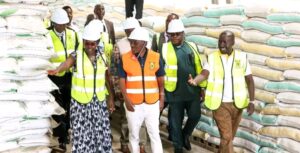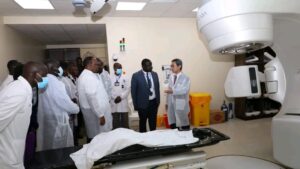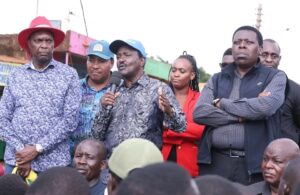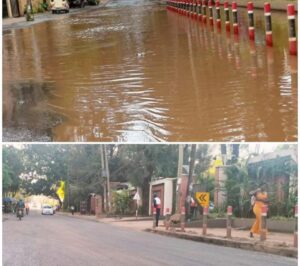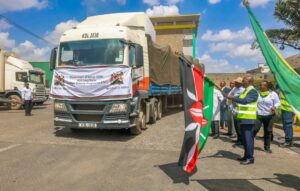Government Launches 2025 Long Rains National Fertilizer Subsidy Programme
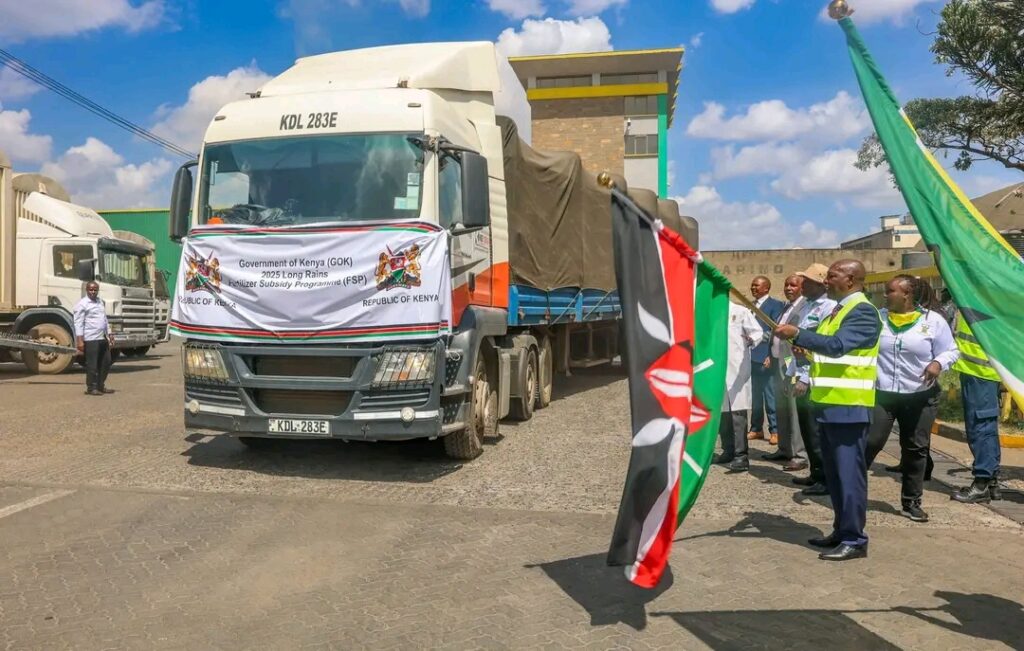
Cabinet Secretary for the Ministry of Agriculture and Livestock Development, Dr. Andrew Mwihia Karanja, officially launched the 2025 Long Rains National Fertilizer Subsidy Programme at the NCPB GCP Depot in Nairobi on December 18, 2024. This initiative aims to enhance agricultural productivity and ensure national food security by making subsidized fertilizers available to farmers across the country.
The CS emphasized the government’s unwavering commitment to improving food production through affordable inputs, stressing the importance of the program in supporting farmers during the long rains season. “Through the provision of subsidized fertilizers via the e-voucher system, we are empowering farmers to boost yields and secure the country’s food supply,” Dr. Karanja remarked during the event.
The National Fertilizer Subsidy Programme, which uses the e-voucher system for efficient distribution, is designed to make fertilizers more accessible to smallholder farmers, particularly those in rural areas. This system is expected to ensure that farmers can easily access the subsidized inputs and increase their productivity.
Also present at the launch was the Managing Director of the National Cereals and Produce Board (NCPB), Mr. Samuel K. Ndung’u, who expressed the board’s readiness to support the program. “The NCPB remains committed to facilitating the smooth delivery of fertilizers to farmers across the country to ensure timely and effective use during the upcoming planting season,” Mr. Ndung’u said.
The fertilizer subsidy program is part of the government’s broader strategy to address food insecurity, reduce the cost of production, and promote sustainable agricultural practices. With the new initiative, the government aims to reach a larger number of farmers, helping them improve crop yields and contribute to the nation’s overall agricultural growth.
The launch of the 2025 Long Rains National Fertilizer Subsidy Programme is seen as a crucial step in supporting Kenya’s agricultural sector, which remains a key driver of the economy.

